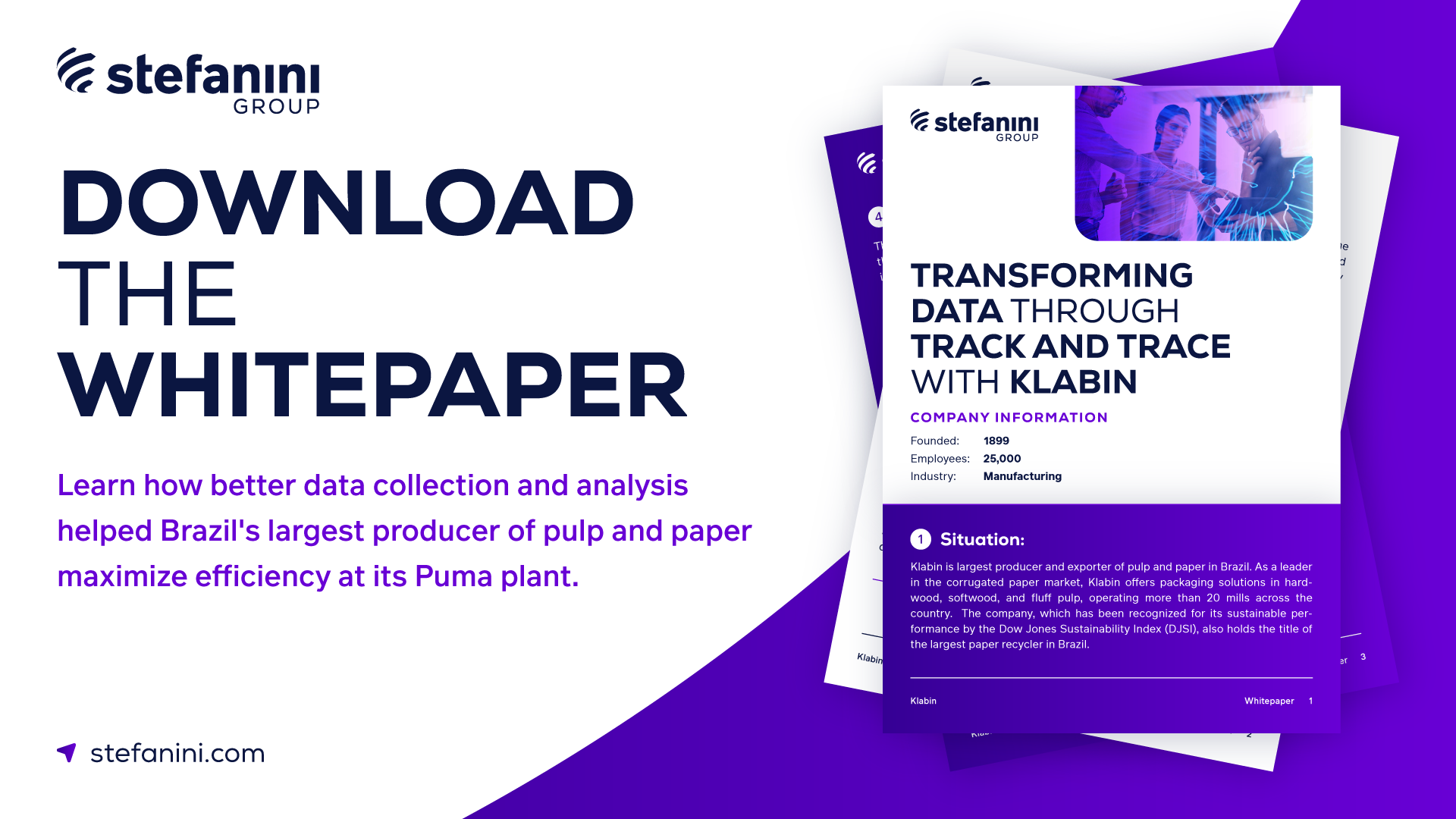The future of banking is an exciting topic that is constantly evolving. Advances in technology are prompting rapid changes in the way we interact with financial institutions, with this trend set to continue in the coming years.
The move towards digital banking is already well underway, with the increase in smartphone use prompting more people to use online and mobile banking to manage their finances. This is only likely to continue as technology improves and more people become comfortable with conducting financial transactions online.
Another trend that is gaining momentum is the use of artificial intelligence (AI) and machine learning in banking. These technologies can help banks to better understand their customers and offer personalized financial products and services. For example, a bank could use AI to analyze a customer’s spending patterns and offer them a credit card with a rewards program that is tailored to their needs.
Another area where technology is likely to have a big impact is in financial inclusion. In many parts of the world, there are still large numbers of people who are unbanked or underbanked. However, the spread of mobile banking and other digital financial services is making it easier for these people to access financial services. This can help to reduce poverty and promote economic growth in developing countries.
A possible future development in the banking sector is the use of blockchain technology. This technology, which is the underlying technology behind cryptocurrencies like Bitcoin, has the potential to revolutionize the way financial transactions are conducted. It offers increased security, transparency, and efficiency, which could make it attractive to banks and other financial institutions.
From Necessity to Experience – How Banking Will Change in the Future
It is likely that the banking industry will continue to evolve, with one of the ways that it might change being a shift from representing a necessity to offering an experience. This means that banks and other financial institutions will focus more on providing a positive and enjoyable experience for their customers, rather than simply representing a necessary service for managing financial transactions.
There are a few factors that could contribute to this shift:
- The rise of digital banking. As more and more people use online and mobile banking to manage their finances, banks will need to find ways to stand out and provide a superior experience for their customers. This could include offering more intuitive and user-friendly digital platforms, as well as providing personalized financial products and services based on customer needs and preferences.
- Increased competition. With the growth of fintech companies and other non-traditional financial institutions, traditional banks are facing more competition than ever before. In order to stay competitive, they will need to focus on providing a differentiated and exceptional customer experience.
- Changing customer expectations. Consumers are becoming more discerning and demanding, and they expect a high level of service and convenience from the businesses they interact with. This means that banks will need to work harder to meet the needs and expectations of their customers in order to keep them satisfied and loyal.
The Future of Banking Needs to be Hybrid
It is possible that the future of banking will involve a hybrid approach, combining traditional banking methods with newer technologies and methodologies. This could involve a mix of physical branches and digital channels to offer personalized financial products and services to customers.
A hybrid approach to banking could offer several benefits, including:
- Improved convenience. By offering a combination of physical and digital channels, banks could provide customers with more options for accessing their accounts and conducting financial transactions. This could make it easier for customers to manage their finances and meet their banking needs.
- Enhanced security. By using the latest technologies, such as biometric authentication and blockchain, banks could improve the security of their systems and protect customer information from cyber threats.
- Personalized service. By using AI and machine learning, banks could analyze customer data and offer personalized financial products and services that are tailored to their specific needs and preferences.
Ultimately, a hybrid approach to banking could help financial institutions to stay competitive and meet the evolving needs of their customers in an increasingly digital world.
The future of banking looks bright and exciting, with many potential developments on the horizon. From digital banking and the use of AI and machine learning to financial inclusion and the potential adoption of blockchain technology, the coming years are likely to bring many changes to the way we interact with financial institutions.
With new technologies comes new expectations, which is why the financial institutions that succeed in the future will focus on providing a positive and enjoyable experience for customers, rather than just being a necessary service for managing financial transactions.
Get in touch with our experts and start your transformation journey today!




















